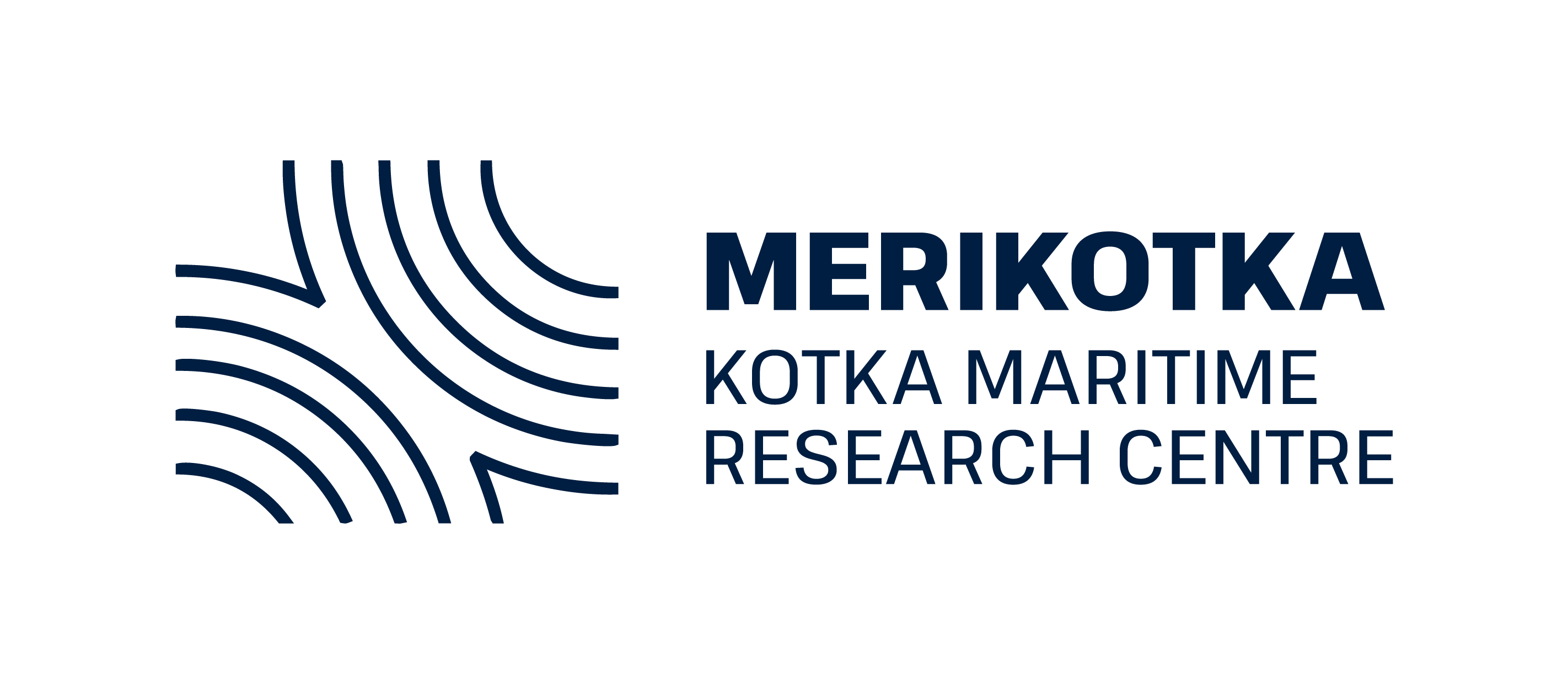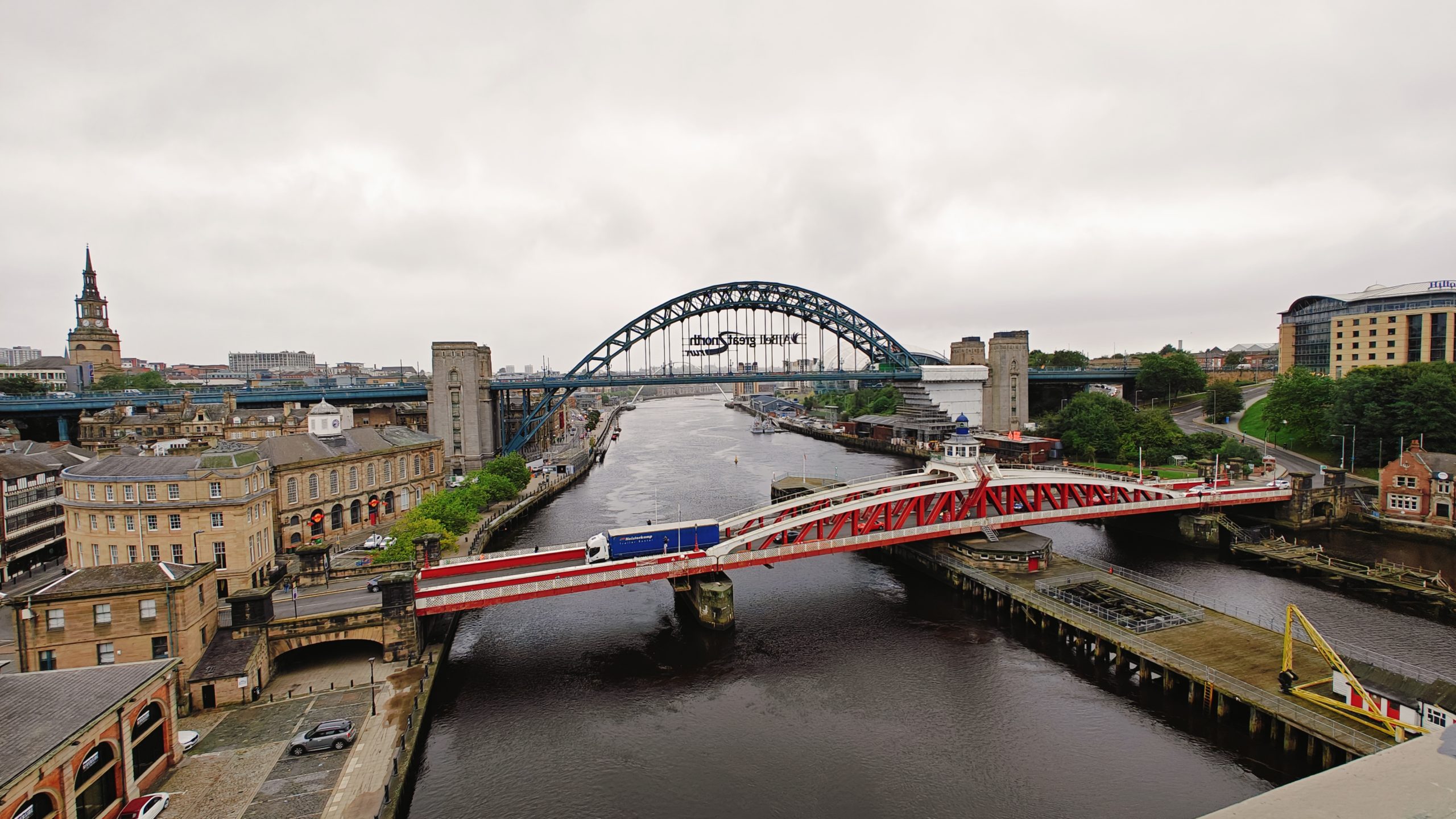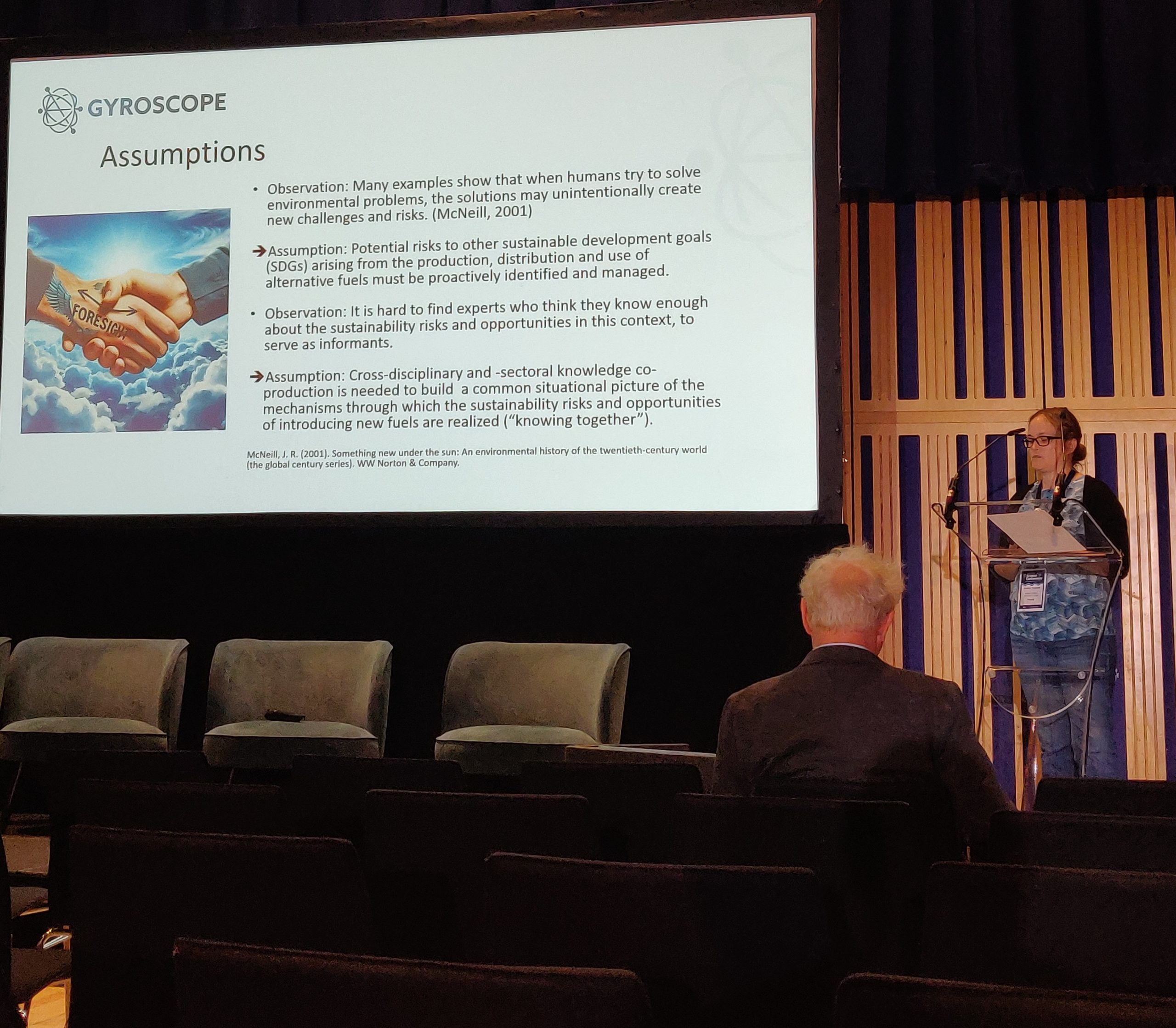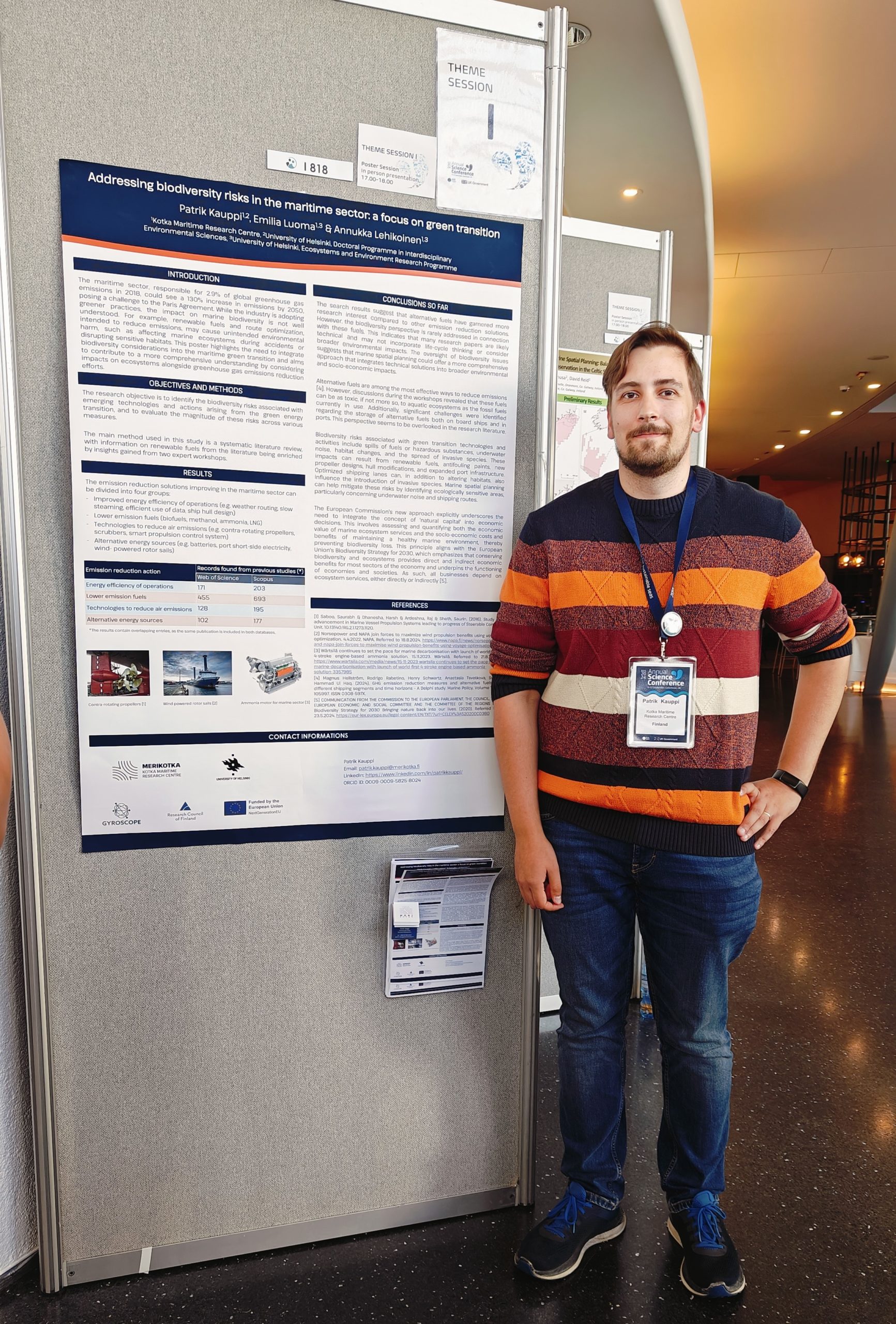GYROSCOPE investigates opportunities provided by and risks associated with smart digital solutions in the context of green transition of the maritime sector. Applying stakeholder-participatory processes and modern risk analytics, and considering alternative implementation pathways, the project produces a multidimensional picture of the sustainable digital transition to low-carbon maritime logistics.
Under the European and Finnish national climate objectives, novel digital solutions are introduced at a rapid pace in different sectors of the society. New smart concepts and services are claimed to have a significant role in introducing cleaner, safer, and more efficient operations. Putting new devices and instruments into operation by multiple actors across the operational environment may, however, increase the risk of both technical problems and human errors.
To ensure the sustainability of the green digital transition, it is important to also work proactively on identifying the potential risks the new digital solutions can – in interaction with each other, with the environment and with human operators – create to societies and ecosystems.
Acknowledging this, GYROSCOPE produces a comprehensive picture of sustainable transition to green and sustainable marine logistics in Finland, and potential policy pathways to achieve it. This will be realized by bringing together researchers, national authorities, and operational actors of the Finnish maritime cluster, to create collective future scenarios in a Digital Foresight Platform (DFP) constructed and tested in the project.
During the project, the DFP will be utilized to support alternative scenario building, risk identification, imagination of unforeseen events, evaluation of their controllability, and creative development of explorative policy pathways. In the long run, the approach is hypothesized to build competence and improved capability of the stakeholder community to (a) do collective scenario planning, (b) make sense of complex management problems and (c) perceive the short-term – long-term transitions as part of the planning processes.
GYROSCOPE executes and analyses the DFP approach in three analytical case contexts that are particularly relevant for marine logistics:
1) autonomous shipping
2) ship navigation in ice
3) alternative fuels
The case contexts reveal both features of the specific cases, and, when combined, open an overview to the key aspects of sustainable green transition, and on the driving role of digitalization in it.
Project funding
GYROSCOPE is funded by the Academy of Finland, under the 2022 call for research on key areas of green and digital transition. Its total budget is 2 million euros.
Partner organisations and principal investigators
University of Turku, Finland’s Futures Research Centre, Professor Toni Ahlqvist (project leader)
Kotka Maritime Research Association, Research Director, Annukka Lehikoinen (project vice-leader)
Aalto University, Department of Mechanical Engineering, Assistant Professor Osiris Valdez Banda
University of Helsinki, Ecosystems and Environment Research Programme, Professor Sakari Kuikka
University of Helsinki, Helsinki Institute of Sustainability Science, Professor Janne Hukkinen
Read more
Project official homepage
#GYROSCOPEproject







